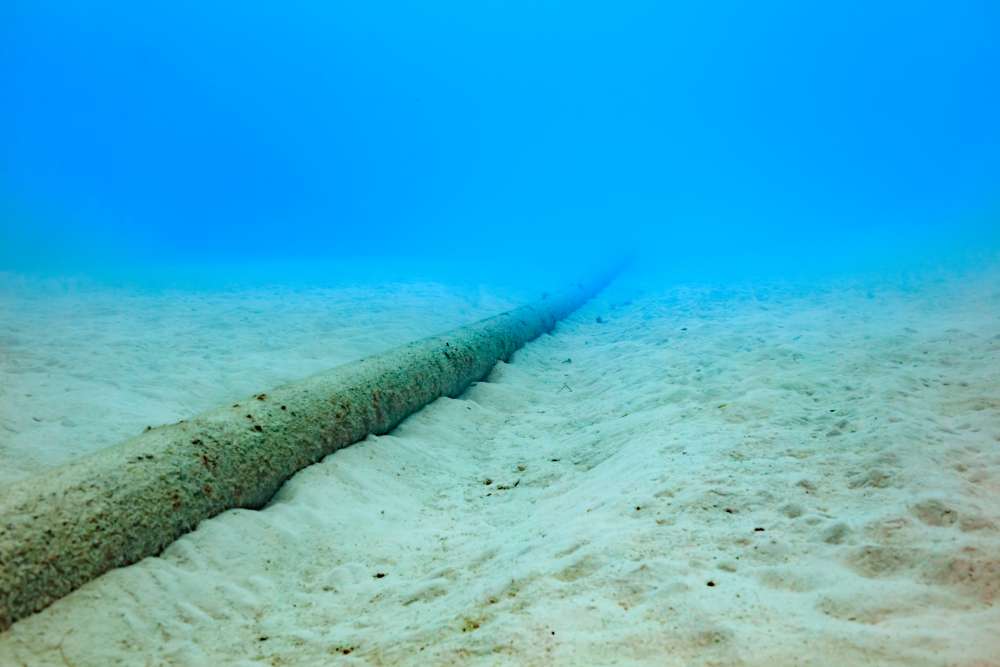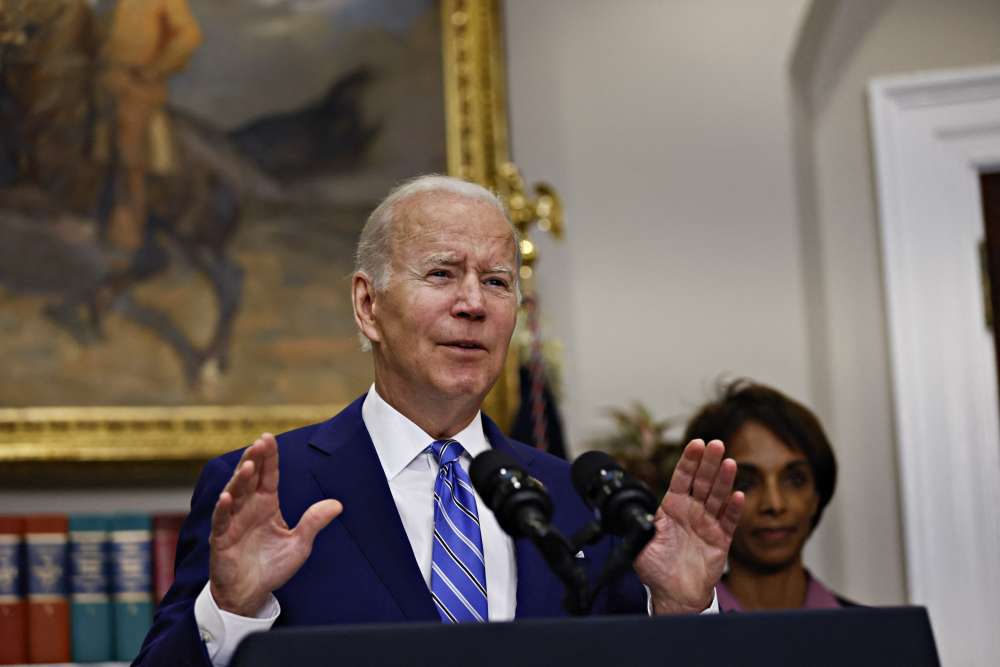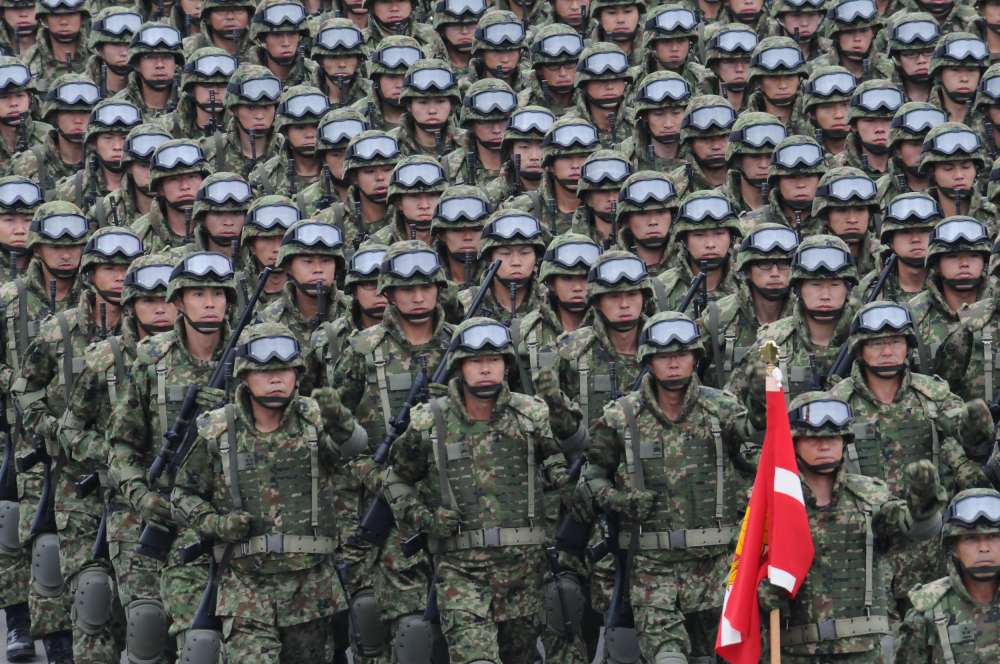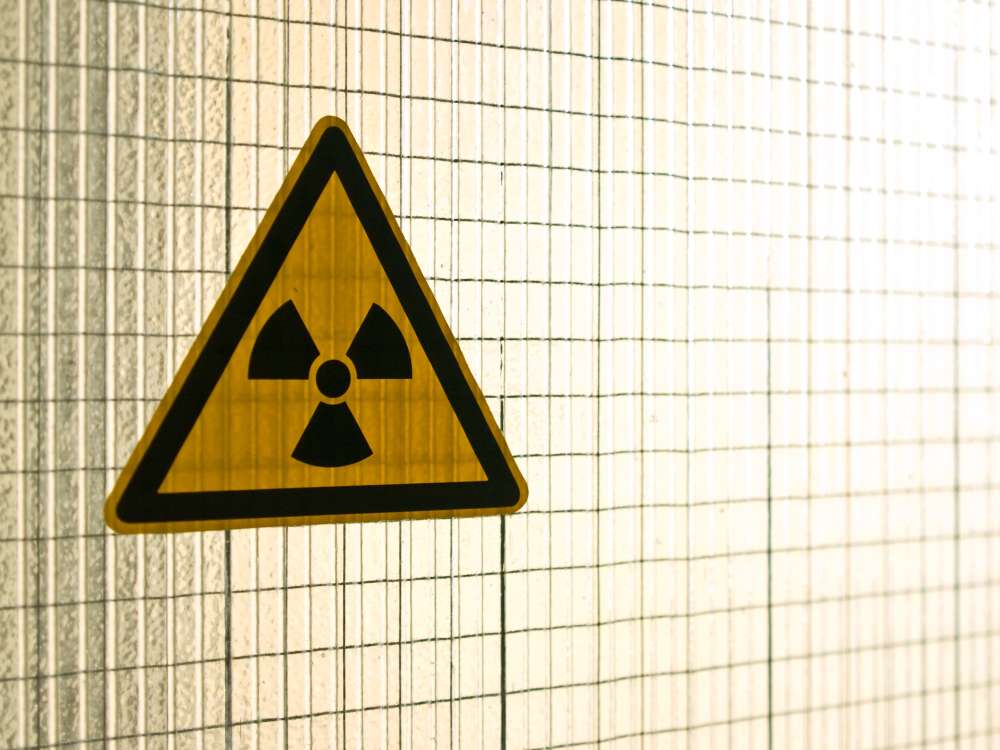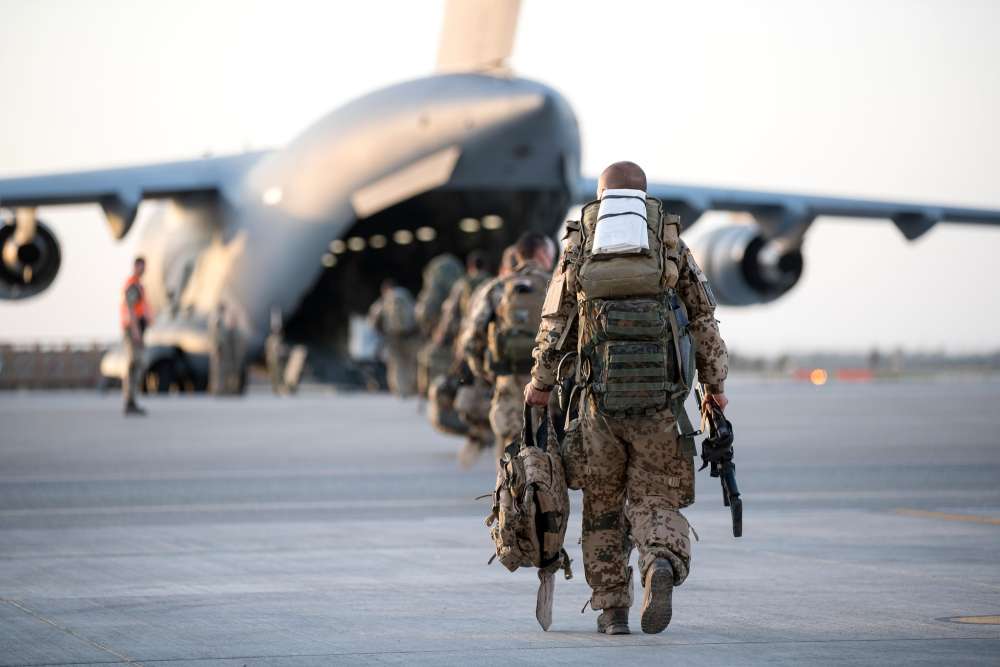Security In a Globalized World
The climate crisis and conflicts endanger livelihoods – worldwide. What should Germany’s multilateral engagement look like to make life safer for everyone?

Shock-Proofing Global Food Systems: A Pathway to Peace, Security and Prosperity
Efforts to enhance global food security are a remedy to several causes of global insecurity at once. Germany should invest in agricultural innovations that benefit small-scale farmers, starting with better support for neglected crops.
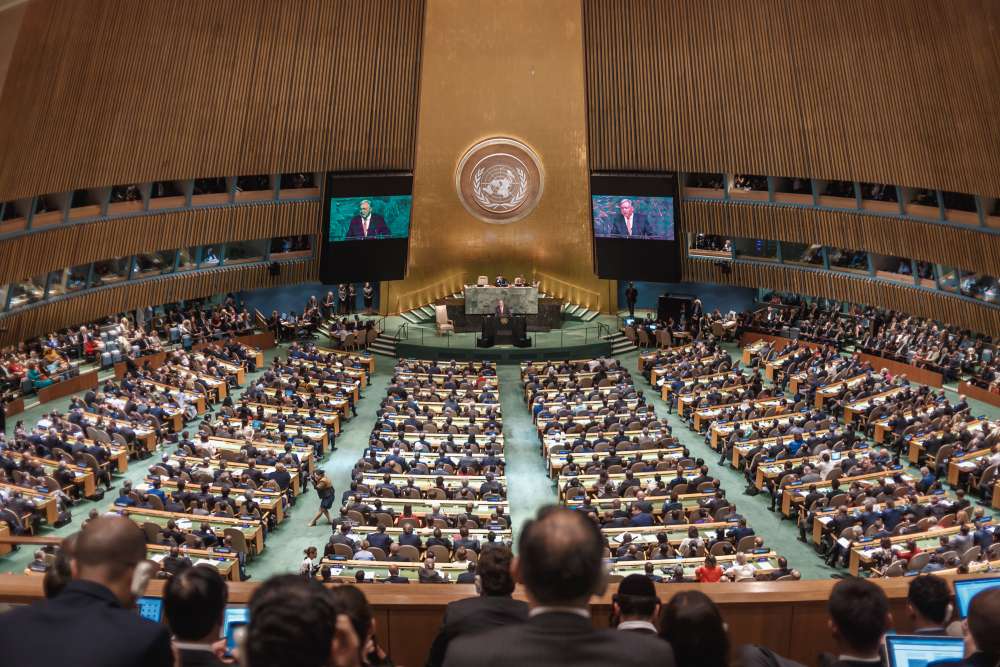
UNverzichtbar für die deutsche Sicherheitspolitik: Die Vereinten Nationen garantieren Frieden und Sicherheit
Nur die Vereinten Nationen sind für die Wahrung des Weltfriedens verantwortlich. Das sollte die Nationale Sicherheitsstrategie auch klar so benennen.
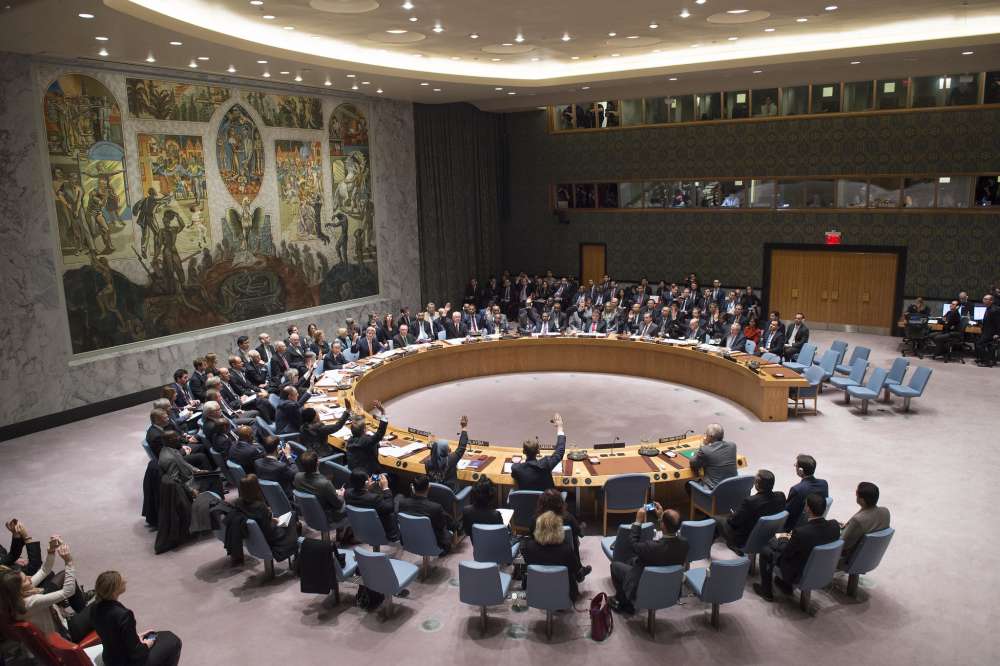
“Balancing Act”: Germany’s Role in the UN Security Council Reform
A year after the start of Russia’s war on Ukraine, the UN Security Council is more divided than ever. But even so, the body has also shown an intriguing degree of resilience in the last year. What went right and where are reforms needed? And what part does Germany have to play?
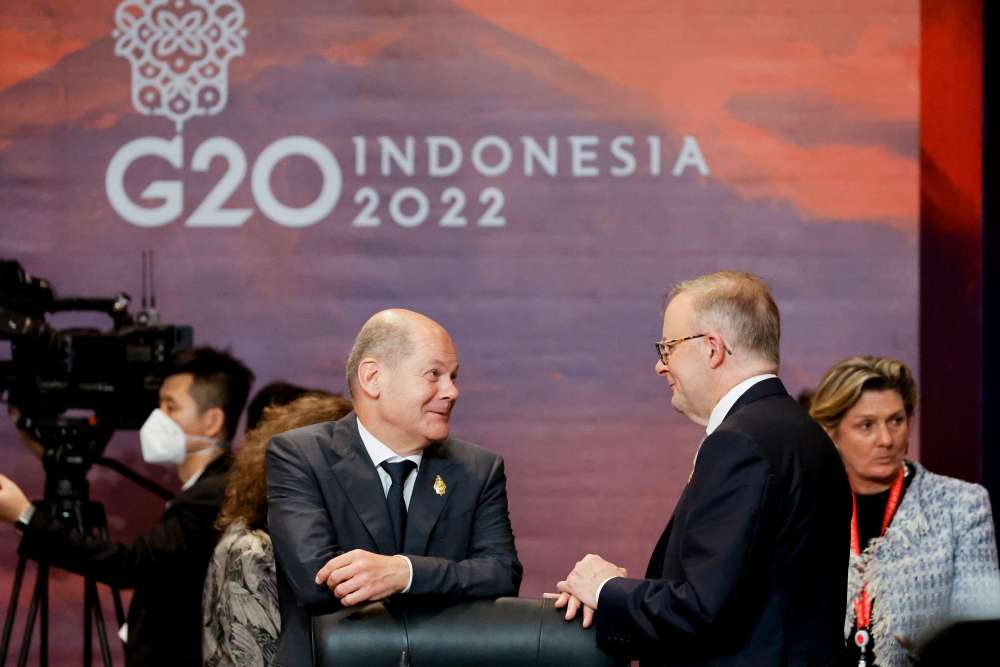
Embrace Multipolarity: Germany Must Act European for the Global Common Good
To promote a more peaceful world, Germany needs to move past primarily national strategies and start thinking European. The best way to do that: support a strong global role for the European Union.
Strengthening Resilience
Cyber-attacks, natural disasters, disinformation, and extremism: How resilient are Germany’s state and society?

“Play the Game or Be Played”: Building Tech into Germany’s National Security Strategy
Technology is coming for international relations, whether nations are ready or not – and so far, Germany is not. Why Berlin needs to start viewing its national security through a tech policy lens.

Baustellen der inneren Sicherheit: Eine Übersicht
Innere Sicherheit ist ein zentraler Bestandteil nationaler Sicherheit. Um die gesamtgesellschaftliche Resilienz zu erhöhen, müssen zuständige Organisationen verzahnter zusammenarbeiten und niedrigschwelliger Informationen austauschen.

Die resiliente Informationsgesellschaft in Zeiten digitaler Disruption
Deutschland braucht ein resilienteres Informationsökosystem und mehr Nachrichtenkompetenz. Ein probates Mittel gegen Desinformation: der Informiertheit der Gesellschaft. Diese gilt es zu erhöhen.
Capacity Building at Home: Making Germany’s Defense Fit for the Future
The country is grappling with questions of defense capability and deterrence. What should the path forward look like?
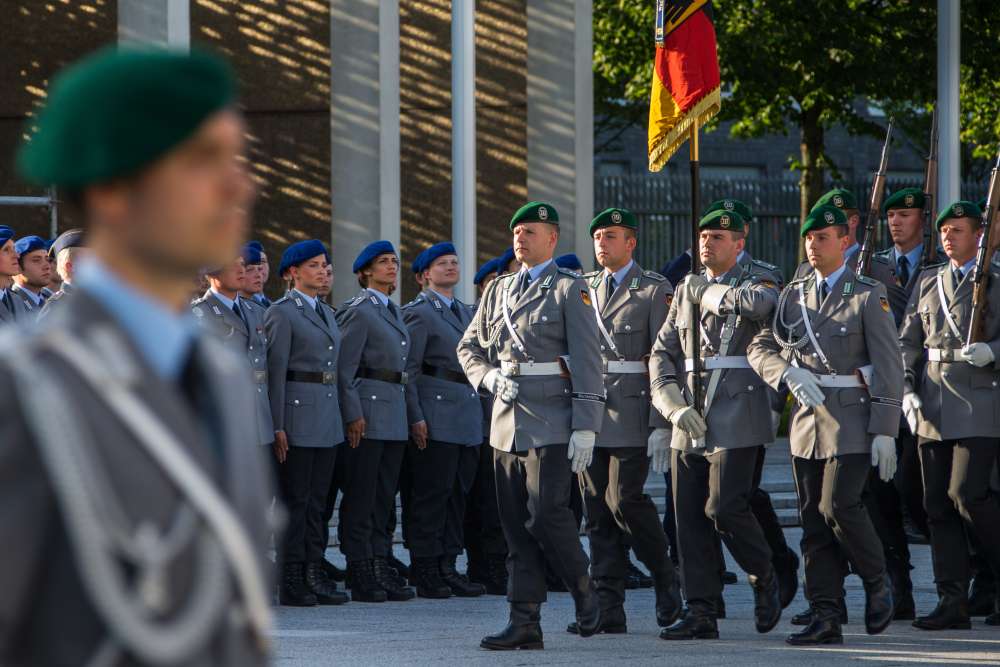
Fünf Ideen für eine bessere Bundeswehr
Deutschland braucht eine einsatzbereite und kampfstarke Truppe. Dafür muss die Bundeswehr ehrlicher planen, eigene Potenziale befähigen und realitätsnah üben.
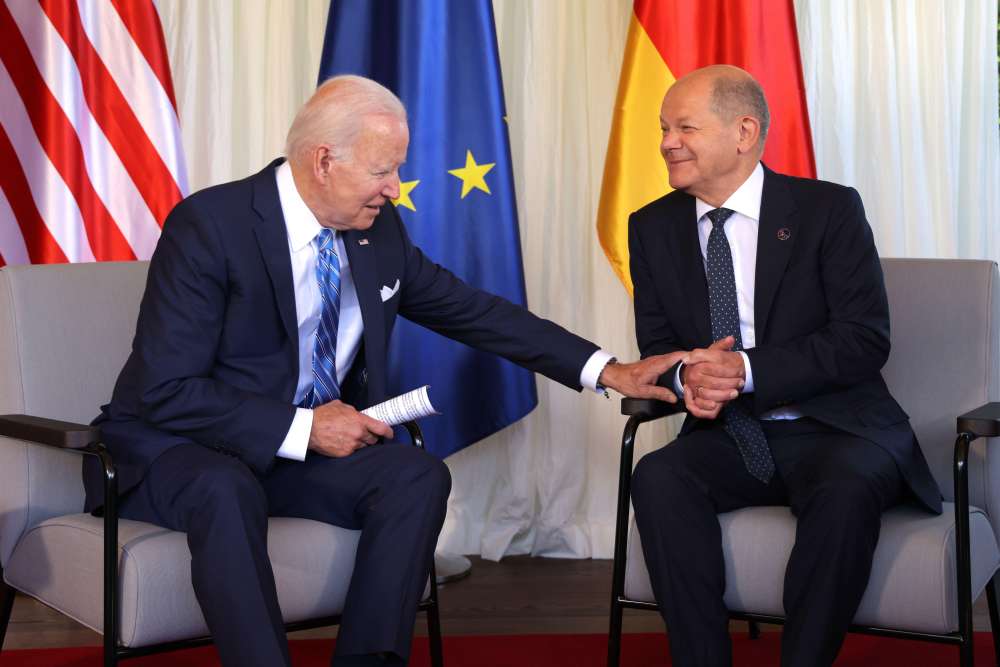
Lehren aus der Panzerdebatte: Deutschland-Tempo statt US-Telefonjoker
Für die Enscheidung, deutsche Kampfpanzer an die Ukraine zu liefern, hat Bundeskanzler Scholz auf Gleichschritt mit den USA bestanden. Daran problematisch ist vor allem eines: dass es eine solche Rückversicherung in Zukunft nicht mehr geben wird.
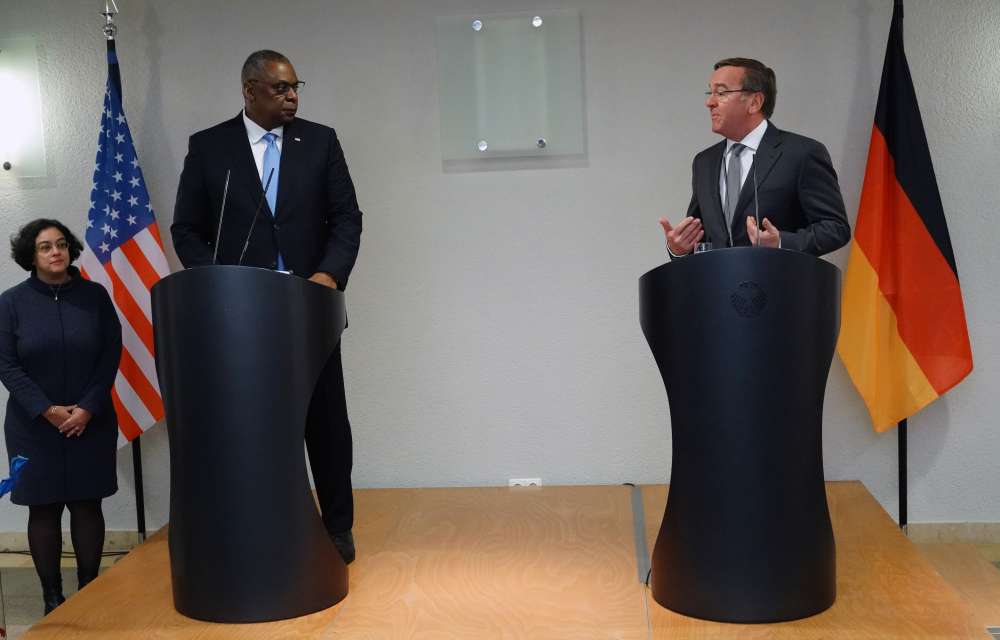
Realpolitik und Panzer
Um erfolgreich gegen Putin vorzugehen, muss sich der Westen über seinen strategischen Kern einig sein: Was steht im Krieg in der Ukraine auf dem Spiel und welche Eskalationsgefahr geht von Panzerlieferungen aus?
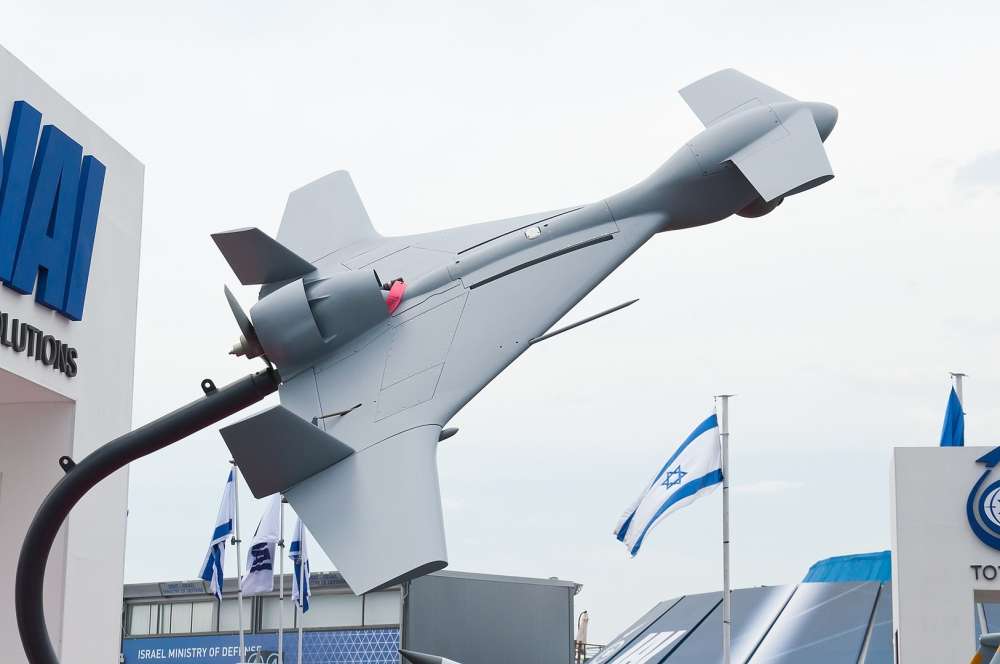
Germany Needs a National Directive on Autonomy in Weapon Systems
The international effort to regulate autonomy in weapon systems via the United Nations in Geneva is stuck. It is time for Germany to develop and implement its own national directive – and foster regulatory processes in new fora.

Podcast
Krisen von morgen: A Podcast
What are Germany and the EU doing to better predict war and violence? And can we use data today to tell where in the world things will go wrong tomorrow?
Crises Abroad: Prevention, Response, Stabilization
The German government has pledged to to do more in terms of crisis engagement, and to do it better. How should its new National Security Strategy reflect that?
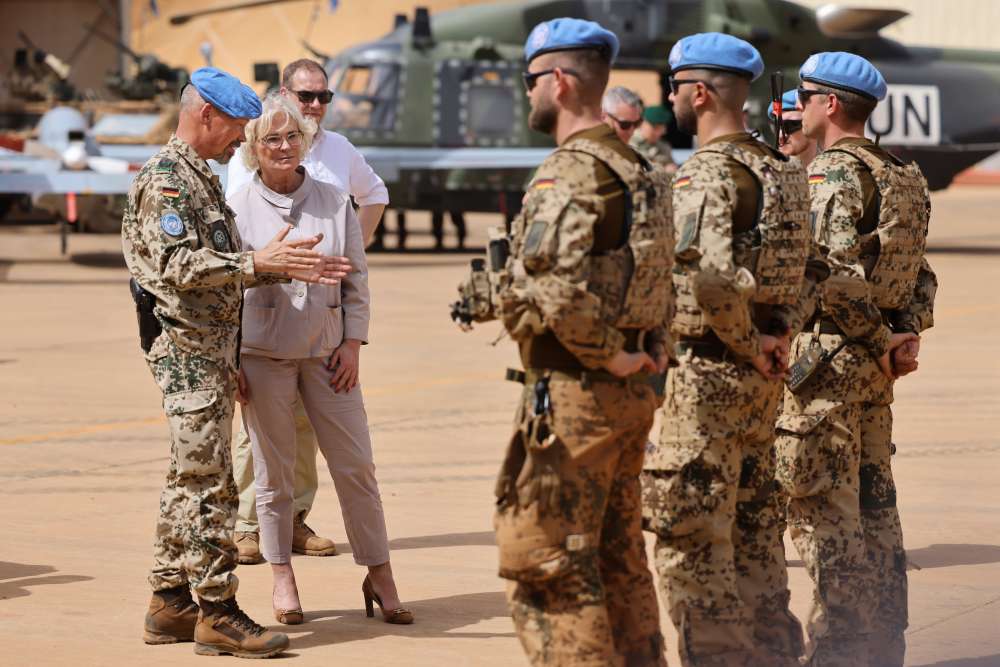
Friedenspolitik kohärent gestalten: Mehr als nur ein prozedurales Ziel
Statt sich nur gut abzustimmen, müssen zuständige Ressorts und Politikbereiche auch auf inhaltlich kohärente Ziele hinarbeiten. Nur so kann nachhaltige deutsche Friedenspolitik gelingen.
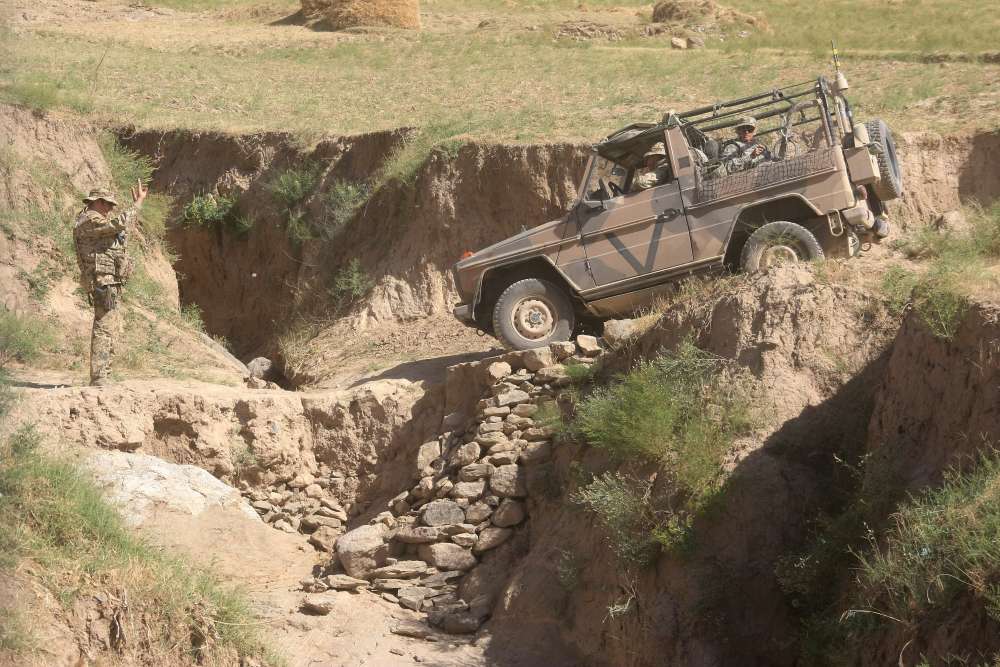
Schluss mit dem Autopiloten! Gute Krisenpolitik fährt nicht von allein
Wirksamere Stabilisierung und Friedensförderung erfordert die Priorisierung erfolgversprechender Fälle, mehr Mut zu Konfrontation und Blockaden im Apparat abzubauen. Das kostet Geld, doch sonst verpuffen die Millionen.
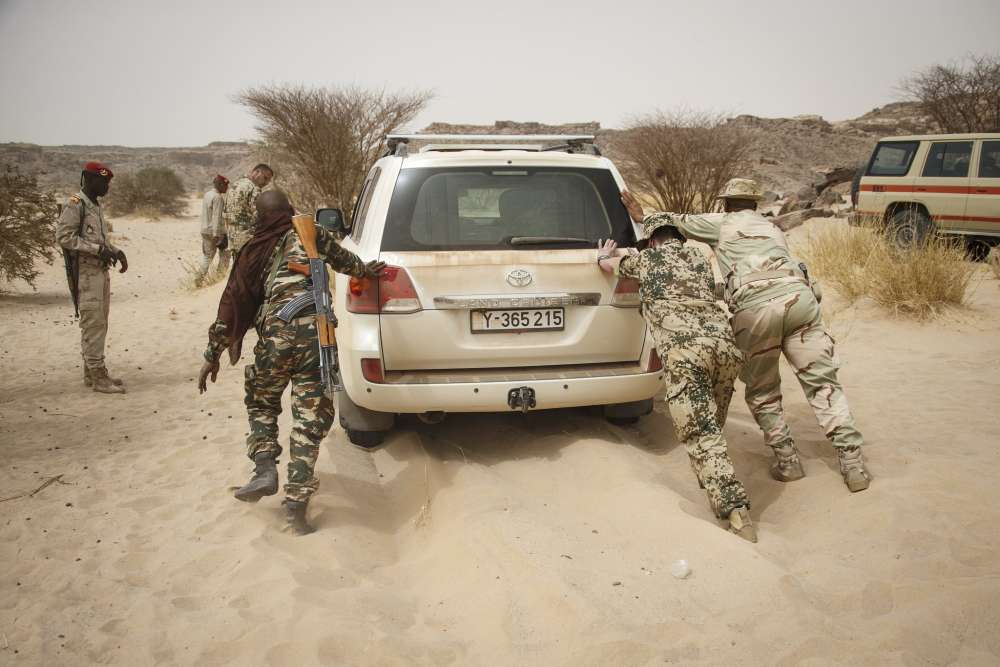
Germany’s Cognitive Dissonance on Security Assistance: A Barrier to Better Protecting Civilians
Germany’s engagement in crisis contexts lacks an overarching vision – but without a vision, no mid-level policies and no policy architecture that would allow Berlin to manage the dilemmas of engaging in difficult environments and reduce the risk of causing unintended harm.
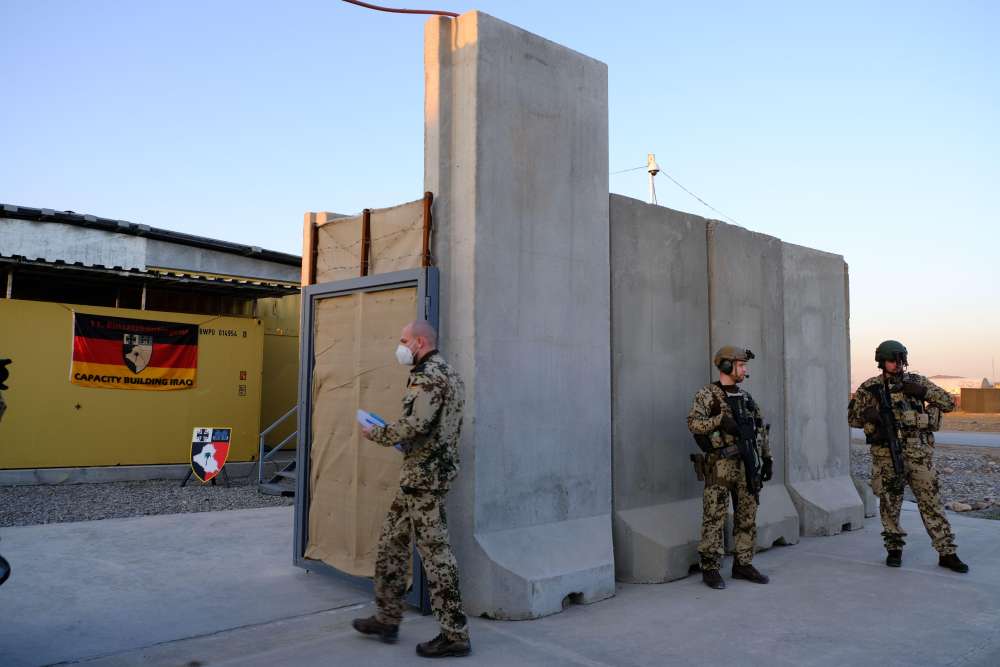
Germany’s Role as a Global Leader in Stabilization
Stabilization can be one of the most effective ways to help countries prevent or emerge from violent conflict. Germany already leads the way – and should expand on this role with its new security strategy.
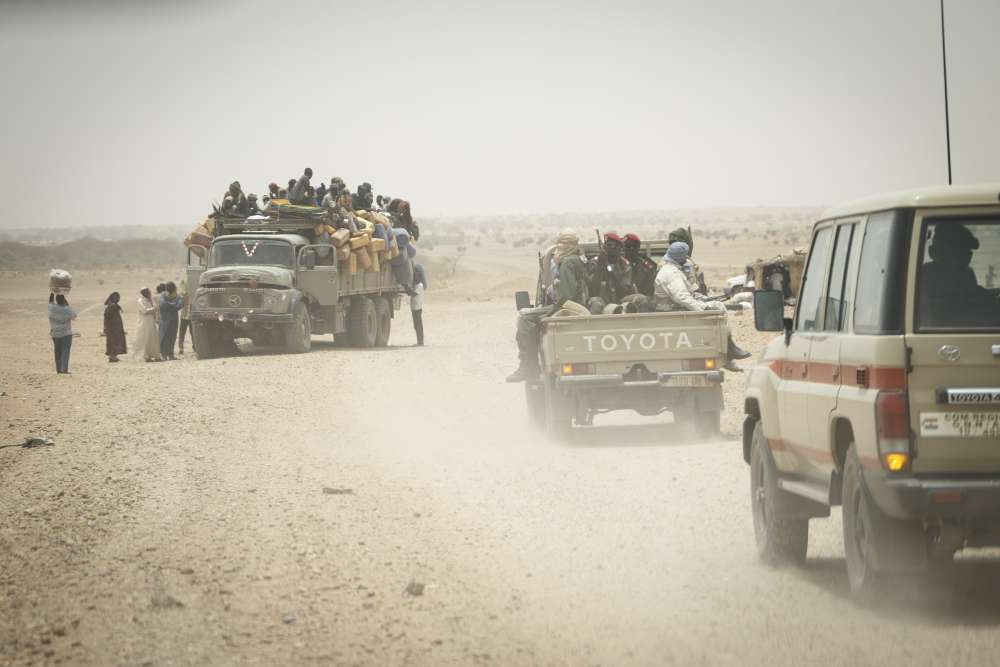
German Security Policy in Africa: New Enemy, Same Mistakes?
Despite the rising power competition with Russia in Africa, Western countries should avoid repeating their mistakes of past counter-terrorism and stabilization campaigns. How threat inflation and no-strings-attached security assistance hinders the chances for peace.

Ein Anfang, nicht das Ende: Die Nationale Sicherheitsstrategie als Auftakt eines regelmäßigen Strategiezyklus
Die Nationale Sicherheitsstrategie sollte der erste Impuls zur Entwicklung eines nachhaltigen strategischen Ökosystems in Deutschland sein. Als Vorbild dienen die Niederlande.
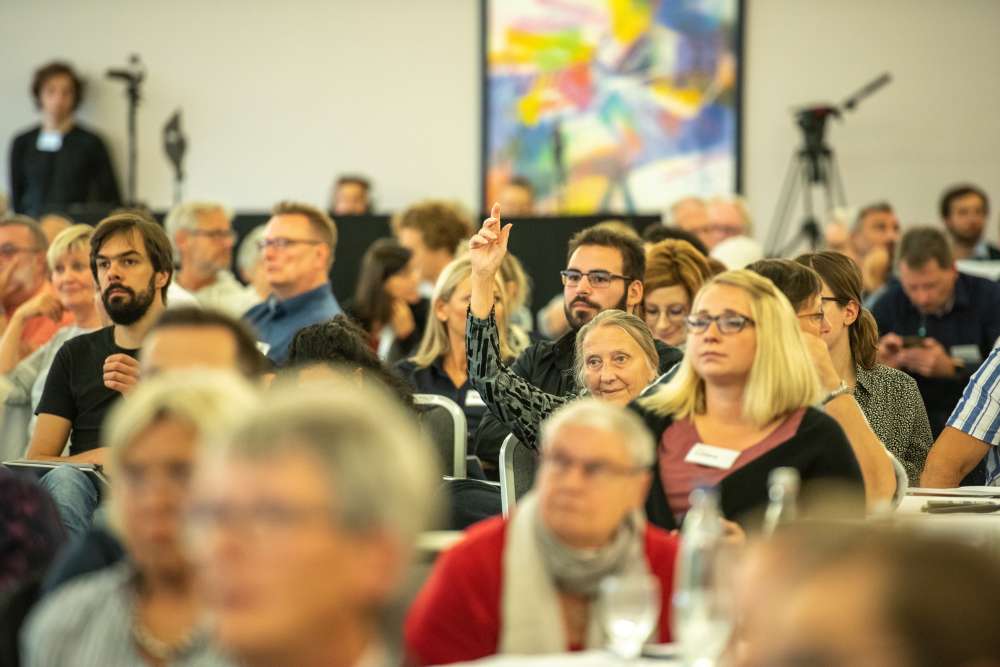
Multilateraler Input: Integrierte Sicherheit muss Gesellschaft und internationale Partner einbinden
Eine nachhaltige Zeitenwende braucht nicht nur eine Revision der Strategiebildung, sondern auch mehr strategische Re-Vision. Helfen können dabei Perspektivwechsel durch Input von Gesellschaft, Wissenschaft und internationalen Partnern.
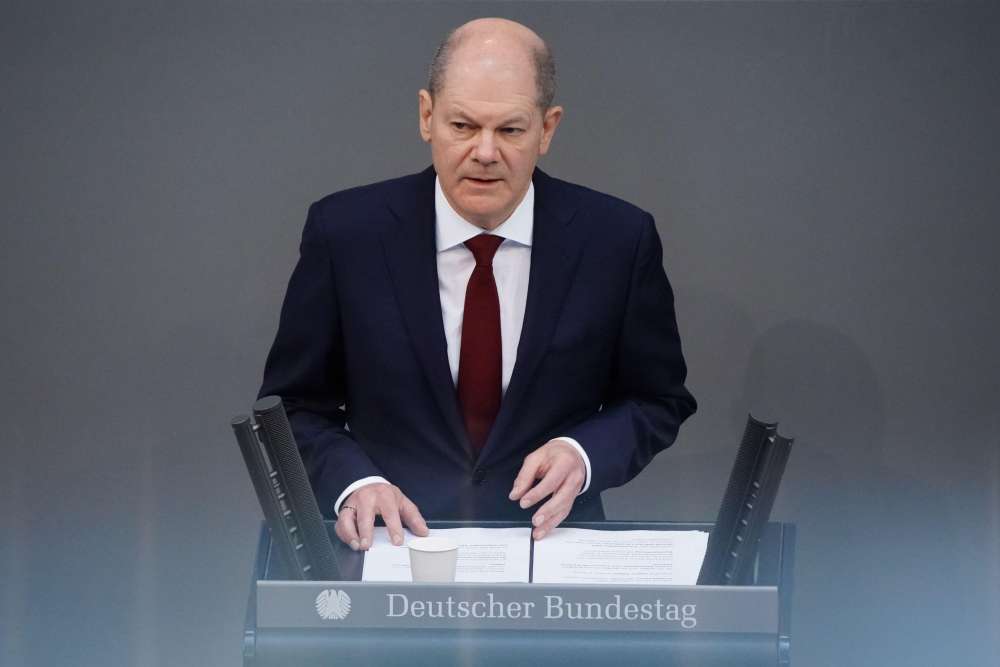
Kein Selbstläufer: Der notwendige Wandel Deutschlands strategischer Kultur
Deutschland muss mehr Strategie wagen. Für den geforderten Wandel der strategischen Kultur brauchen Politiker:innen jetzt Mut zur offenen Kommunikation und aktiven Gestaltung.
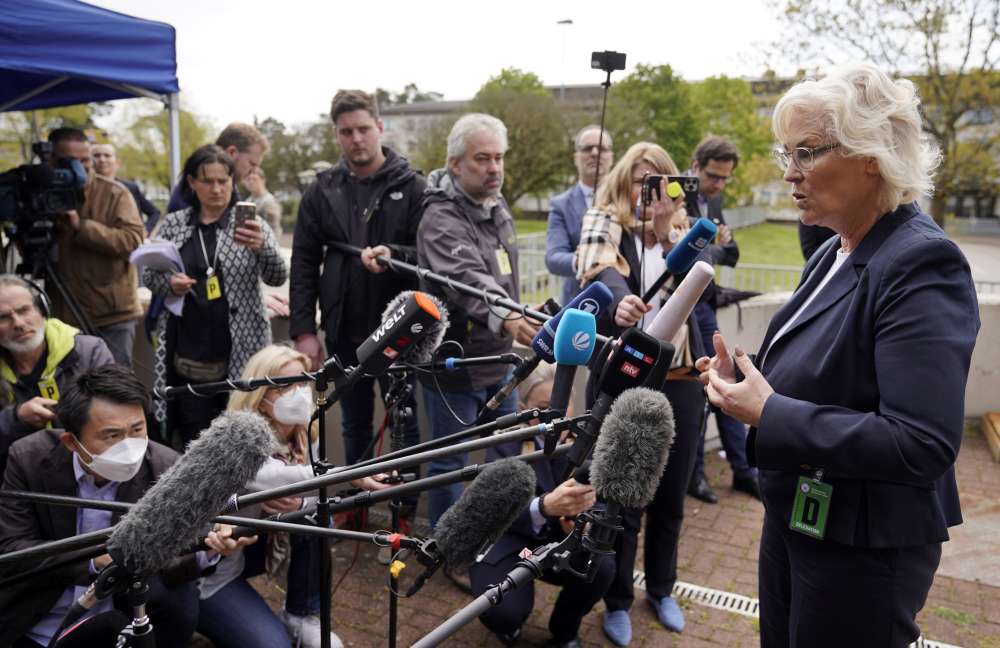
A little more conversation: Nur Mut zur strategischen Kommunikation
Wo sich Elvis mehr Ruhe erbeten hat, braucht Deutschland das genaue Gegenteil: mehr strategische Kommunikation. Denn StratKom stärkt die Resilienz in Demokratien und ihre Stimme auf globaler Ebene.
Rethinking Interdependence
Greater interdependencies used to mean more security. But how should politics and business shape economic ties in today’s world?

“Chips or Not, EU Need to Mind Your Own Biscuits”: Why Europe Must Up Its Economic Weight
The recent paradigm shift in US export controls should be a rallying call for Europeans to reassess their own geo-economic doctrine. Only if the EU boosts its global market power can it assume a more favorable position vis-à-vis China.
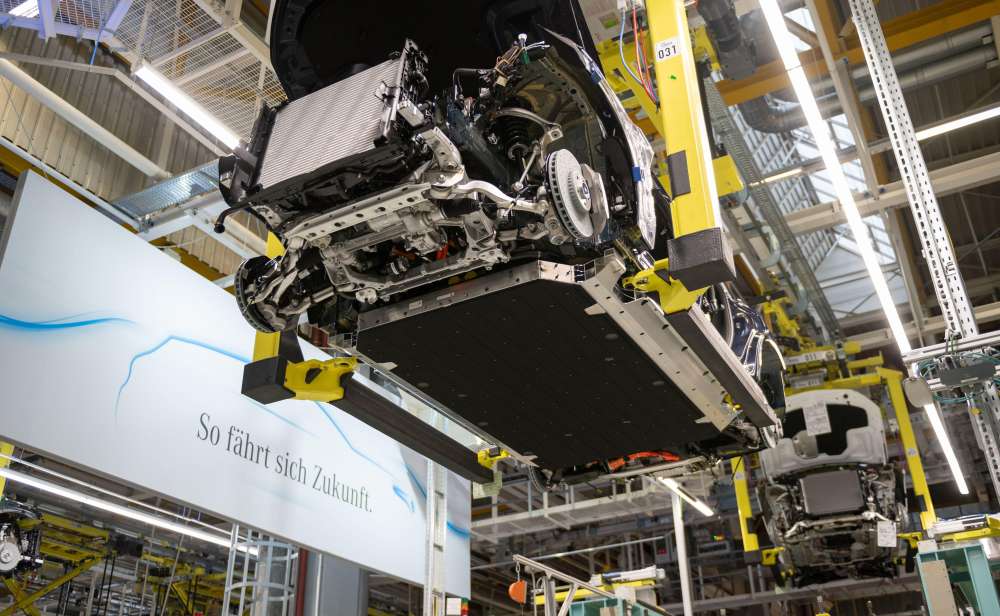
Securing Supply Chains for the Low-Carbon Economy: The Case of Electric Batteries
The transition to low-carbon technologies is creating new dependencies for the European economy. Especially critical for Germany: electric batteries. To reduce risks and reshape emerging global value chains, Berlin and other EU governments must prioritize a comprehensive governance approach.

Fairness und Transparenz im Wissenschaftsaustausch mit China
Trotz Herausforderungen des ‚Dual-Use‘ von Forschungsergebnissen und gefährlichen Asymmetrien profitieren wir von der wissenschaftlichen Zusammenarbeit mit China. Warum sich Deutschland für die eigenen Interessen einsetzen sollte, um eine Win-Win-Beziehung zu schaffen.

Economic Zeitenwende? Lessons from Japan’s Economic Security Policy
Reducing its dependencies will be an important task for Germany’s first-ever National Security Strategy. Japan’s pioneering policy of economic security can offer a number of lessons for Berlin.
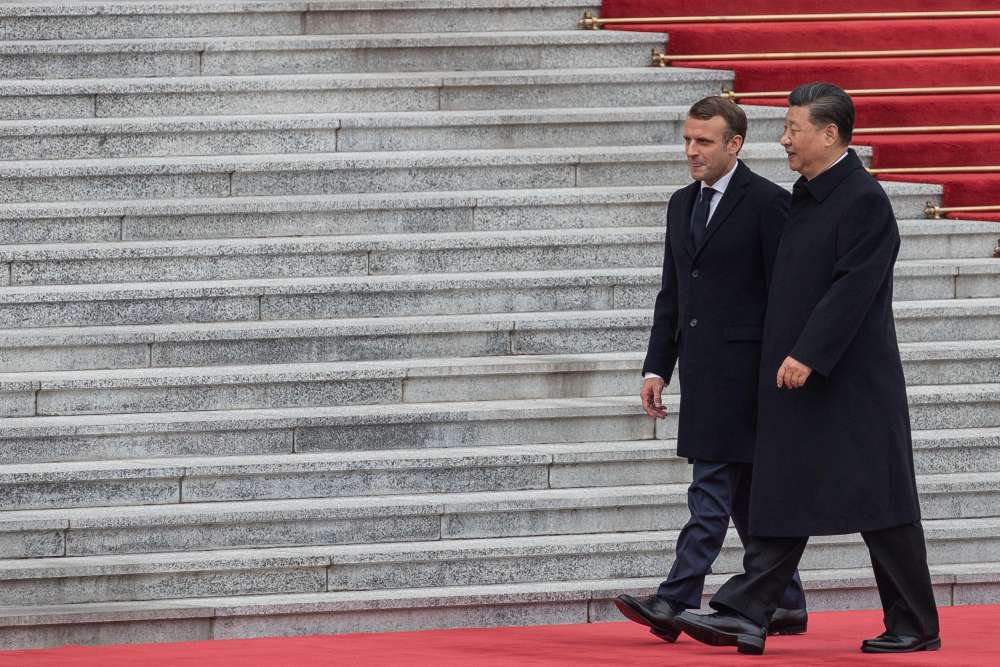
Reality Check on China: Protecting Europe’s Science and Technology Potential
Many European states believe that they are no match for China. But as the French example reveals, this perception may be false. It is high time for Europe to take a realistic look at its dependencies and assets vis-à-vis China – especially in the field of science and technology.
Big Picture: Key Priorities for Germany's National Security Strategy
Strategies are about the long view. What are the big questions that Germany’s government needs to answer?
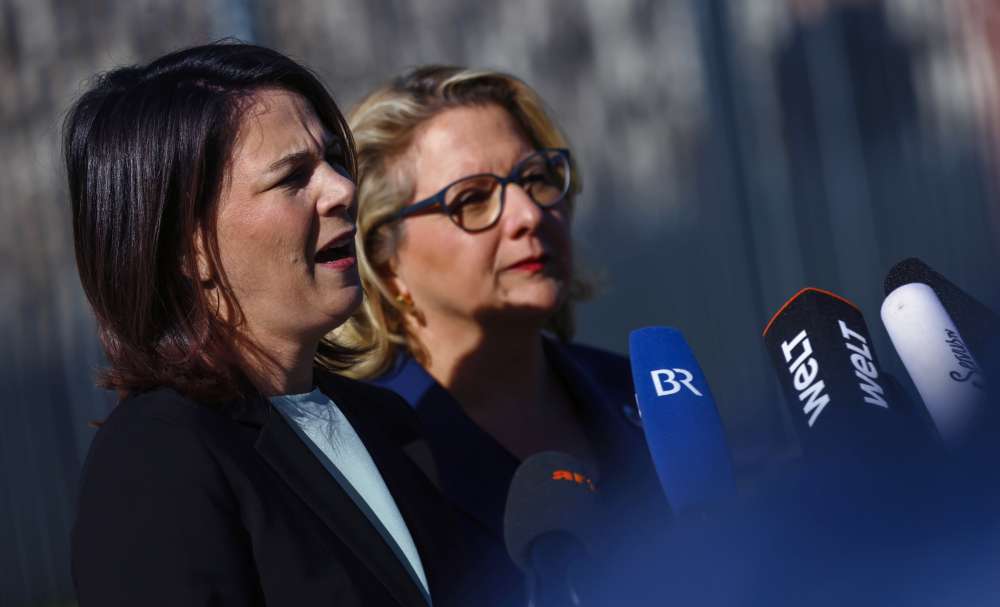
Kompass statt Kleinklein: Feministische Perspektiven in der Sicherheitspolitik verankern
Sowohl die Nationale Sicherheitsstrategie als auch die Leitlinien feministischer Außenpolitik müssen Antworten auf die Herausforderungen der Zukunft bieten. Jetzt ist der Moment, um Silos aufzubrechen, Synergien zu nutzen und feministische Perspektiven fest im sicherheitspolitischen Diskurs zu etablieren.

Zeitenwende: What Has Been Missing From the Conversation?
Russia’s war against Ukraine has sparked an active public debate about German and European security policy. But not all issues have gotten the same air time.
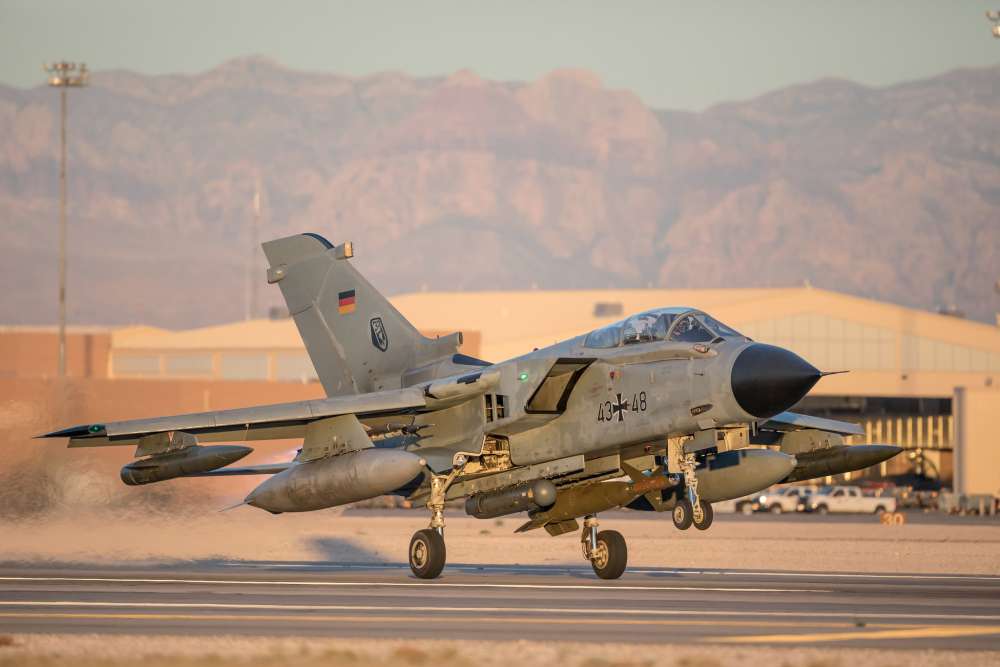
Germany’s Zeitenwende: Wind of Change or Hot Air?
The Zeitenwende has revealed many shortcomings in Germany’s armed forces. Why Berlin should move past intellectual passivity and financial constraints to reposition Germany as the security powerhouse of Europe.
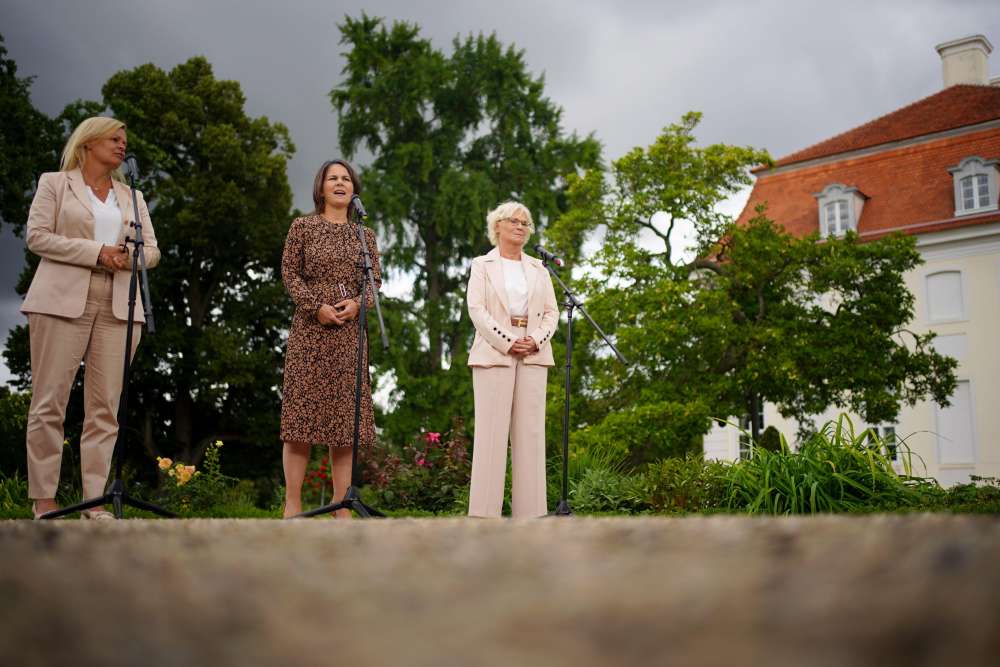
German Feminist Foreign Policy: An Inside-Outside Perspective
Germany is keen on developing a feminist foreign policy – but so far, this initiative excludes many important perspectives. How Berlin can create a genuinely inclusive foreign policy that is less anthropocentric and more climate-friendly.

